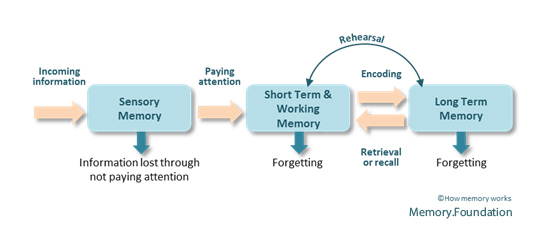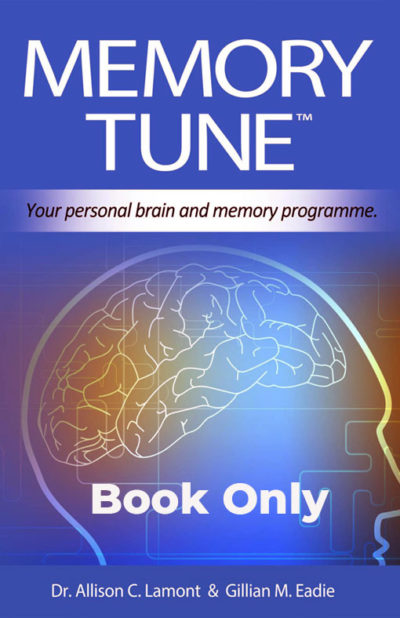
“I’m 67, still working full-time and need to continue working for at least the next three years.
I’m concerned that, unless I write things down, I’ll forget what I’ve promised to do.”
Sound familiar?
It certainly is to people who write to us at the Memory Foundation!
Busy workplaces with rapid decisions to be made along with many interruptions create an impossible demand on our brain processing powers. That’s when tiredness, brain overload and avoidable mistakes occur.
It doesn’t have to be this way!
Making lists, using post-it notes, having alerts on your desktop, mobile, oven timer – all of these great strategies for protecting your precious cognitive reserve and short-term memory.
“But that’s cheating, isn’t it?”
NO.
Your short-term memory is precious!
It can hold and process only up to 7 items at any one time and anything you can do to reduce the clutter in there (such as making a To Do list) improves your brain processing capacity. It no longer needs to struggle to keep multiple items top-of-mind.

Memory storage is a process. The brain very carefully guards us against overload by ‘losing’ some items. Because we see, hear, taste, touch and feel so many things all the time, most of that information is filtered out because the brain assumes they don’t need to be recalled later.
The only way the brain has of knowing what we do need to retain something is through our focus and concentrated attention on that item.
People often worry that they have ‘forgotten’ something they were told – when, in fact, it was not processed into memory at all.
So make your lists!
Reduce the load on your short-term memory.
This simple action will enhance the cognitive reserve you have available to work on other tasks.
Have a healthy memory at 67+
We know from research that there are five lifestyle things we can do to help keep the memory effective and focused:
- cognitive (or mental) exercise
- physical exercise
- healthy nutrition
- social engagement
- and self-belief (don’t accept that memory loss is an inevitable part of ageing. It isn’t!)
Physical fitness is important.
The brain is very rich in blood vessels so keeping a plentiful blood flow and supply of oxygen heading upwards is vital.
Even 15 to 20 minutes a day of walking makes an enormous difference.
Keep working as long as the enjoyment lasts for you!
For more reading about sleep, stress & memory and their impact on employment: Conquer Stress, Tips for better sleep and Sam Nearly Lost his Job
Do you have an employment story that you will share with us? Write it here!





I found this newsletter very helpful, thanks
I am 83 and I find it very hard to accept that there are many things that I can not recall. Particularly names
I walk 30 – 40 min. every day and eat very healthily. I also read a lot, time permitting.
It was good to read that this is more or less normal. Not just old age.
Thank you
I started making lists and prioritising in my 50’s. It made life in a very busy accounting company a lot easier and helped concentration not needing to worry about forgetting something. I am now 72 still working and still making lists!
Lists are a great strategy and it doesn’t matter where you make the lists as long as they are somewhere you can instantly access them. Well done!
Absolutely normal! And also to trust that your brain will work for you but it may just take a little longer to activate those neural pathways. Relaxation is important – panicking because you can’t recall something just makes it harder for those neurons to do their important work. Keep up those brain challenges every day.
We are so pleased to know this – we try to bring you relevant articles and we always aim to answer the questions we are asked frequently.
Thank you so much for these valuable messages. So reassuring to hear others are experiencing similar situations.
Thank you! It is important that we know (and put in place!) the strategies for overcoming the occasional lapses that memory changes cause for all of us.